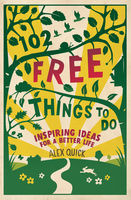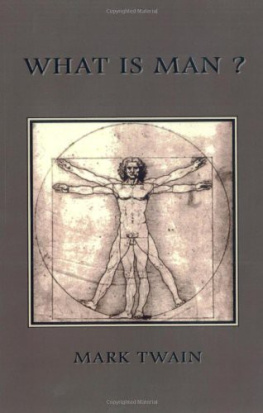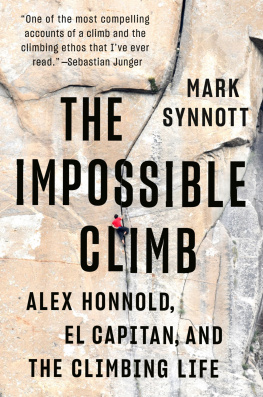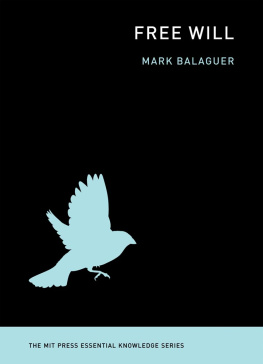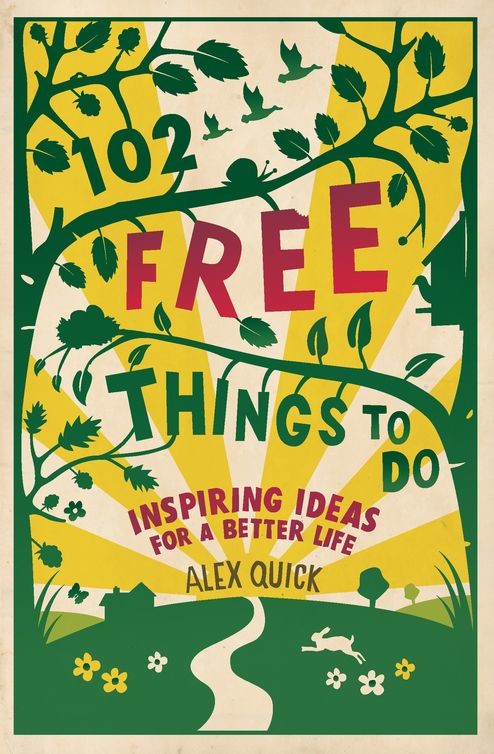
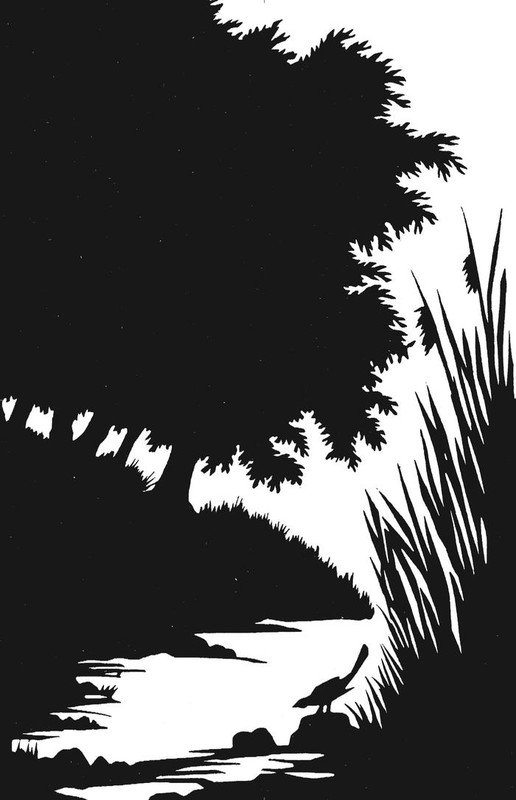
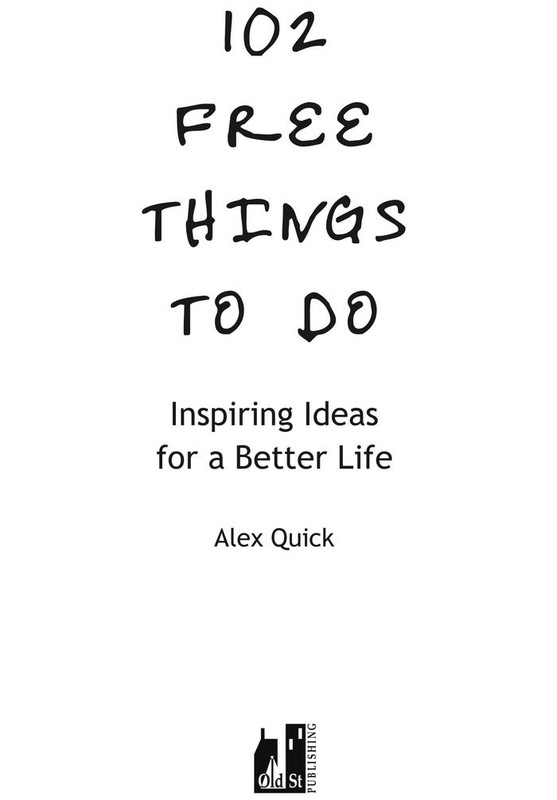
Contents
Title Page
Dedication
1: Go out and look at the stars
2: Keep a diary but only one sentence a day
3: Meter your energy use with a smart meter
4: Give up your car
5: Get up earlier
6: Sketch your relatives its better than photos
7: Treasure your precious human body
8: Go on an archaeological dig
9: Write a letter to your future self
10: Dont confuse affluence with well-being
11: Memorize a poem
12: Ask a child for advice
13: Take part in a police line-up
14: Give up craving for recognition (and be admired for it)
15: Notice when things have improved
16: Go on holiday without leaving your bedroom
17: Practice random acts of kindness (and, if time permits, senseless acts of beauty)
18: Climb a mountain
19: Turn your house into a restaurant
20: Start a film society
21: Remember that making mistakes is part of being human
22: See the sun rise and set on a single summers day
23: Get fit without joining a gym
24: Sit still until you see wildlife emerge
25: Contact a friend you havent spoken to for years
26: Go cloud-spotting
27: Learn to meditate
28: Volunteer for something
29: Spend a day and night in a forest
30: Cherish older people
31: Reconsider your career
32: Enlarge your comfort zone
33: Achieve your ideal weight
34: Learn how to talk to strangers in public
35: Visit Project Gutenberg
36: Gather a meal from the wild
37: Learn another language
38: Invent a language
39: Pretend you are a Valet For Humanity
40: Go busking
41: Start a book in which to record things that have really, really made you laugh
42: Go somewhere outdoors that is very silent
43: Make Christmas presents for your whole family one year
44: Give something up
45: Cheer up lonely men in public places
46: Swap your CDs
47: Adopt or invent a personal motto
48: Support your local eccentric
49: Become a freegan
50: Swim in the sea
51: Get to know your neighbours
52: Act without expecting anything back
53: Deliver meals on wheels
54: Look for glue
55: Send a message in a bottle
56: Have an eco-friendly bonfire
57: Attempt a world record
58: Walk in the rain
59: Give away free trees
60: Do a sponsored parachute/bungee jump
61: Perform
62: Cycle 100 miles in a day
63: Serenade someone
64: Reflect on something youre grateful for
65: Cook and eat a nine-course meal
66: Write a love letter
67: Create a lair
68: Notice beauty
69: Let go of emotional pain
70: Write down your parents or grandparents stories
71: Look at your day-to-day concerns from the point of view of five years from now
72: Fan the flames of desire
73: Contemplate imperfection and impermanence as forms of beauty
74: Join a gardening scheme where only your labour is required
75: Laugh in the face of death
76: Train your memory
77: Accept the full catastrophe
78: Write the first sentence of a novel
79: Cherish solitude (Sister Wendy does)
80: Get your friends to sponsor you to go to Spain and celebrate La Tomatina
81: Embarrass your children/teenagers
82: Work a room
83: Confront people politely
84: Learn a trick
85: Be a representative of your country, in your country
86: Try lucid dreaming
87: Come to terms with ageing
88: Be a bookcrosser
89: Teach a child something fun
90: Make your gratitude less perfunctory
91: Give away your superfluous possessions
92: Grow huge sunflowers
93: Smile
94: Go bell-ringing
95: Form a debating club
96: Take your shoes off and walk in the dew on a sunny morning
97: Dress up
98: Give up your TV
99: Be Lord for a day
100: Write fewer emails and more letters
101: Dont expect that things will be different in Tenerife
102: Find out whats happening near you and join in
ABOUT THE AUTHOR
Copyright
Dedicated to Clement Dexter
Go out and look at the stars
JUST BY LOOKING UP at the night sky you can see objects that are a hundred times as big as the sun. You can see, across quintillions of miles, stars in the process of colliding, exploding, or being born out of dust. And the light you see, in the case of the furthest stars, was emitted before mankind even existed.
Is it conceivable anyone would want to stay indoors while all this was going on?
You dont need a telescope. With your own naked eye you can get to know the colours, sizes and personalities of the stars; you can explore the trail of gas and stars at the edge of our galaxy that we call the Milky Way; see other galaxies such as Andromeda or the Large Magellanic Cloud; track the movements of the planets; and spot comets, asteroids, meteors, and our own man-made star, the International Space Station. Its even possible for amateurs to make a contribution to space science a large proportion of all supernovae (massively-exploding stars) are discovered by amateurs.
Light pollution is a problem in towns and cities, but there are still great swathes of darkness away from urban centres. The truly dark places make for spectacular viewing.
Gazing at the stars is a humbling but also exhilarating experience. And its free!
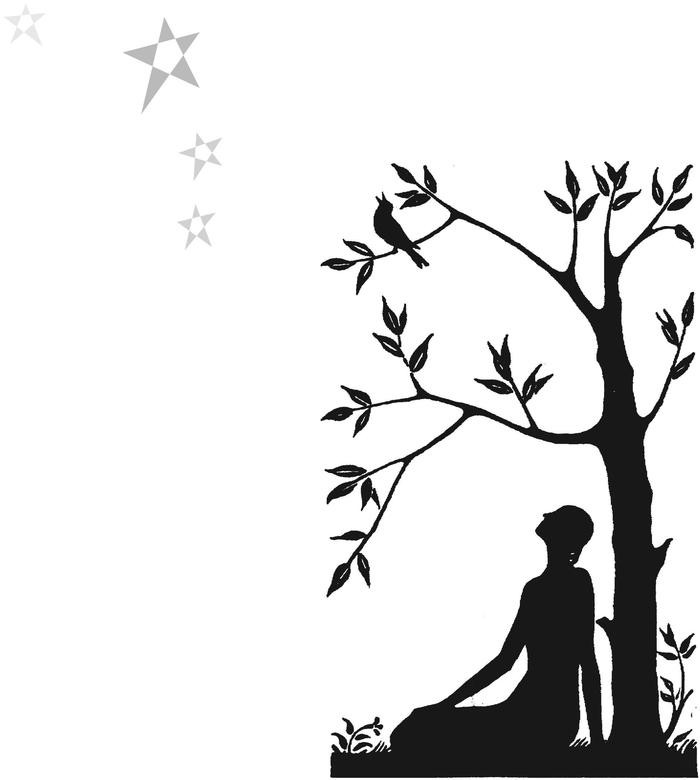
Keep a diary but only one sentence a day
MANY PEOPLE KEEP LONG and detailed diaries, and some famous people even publish them. Tony Benn has published his diaries in several volumes, beginning in the 1940s which means he is now writing his diary knowing it will eventually be published. (Tony, this is not a diary, this is autobiography.)
The diary is a rather daunting commitment, requiring you to set aside a part of your day, every day, to detail what has happened to you and what it all means. Because of this it is difficult to keep up.
But what about a diary that is not a chore at all? That is over almost before it has begun? That is fun?
This is the one-sentence diary.
Writing one sentence a day is a simple way to reflect on the current state of your life. It is brief, concentrated, self-contained. It can record a single major event, an insight, a plan. Or none of these. If you open the diary and your mind is a blank, you can just write My mind is a blank, and snap it shut.
More likely you will find that the removal of the obligation to keep a diary will allow you the freedom to write something truly meaningful.
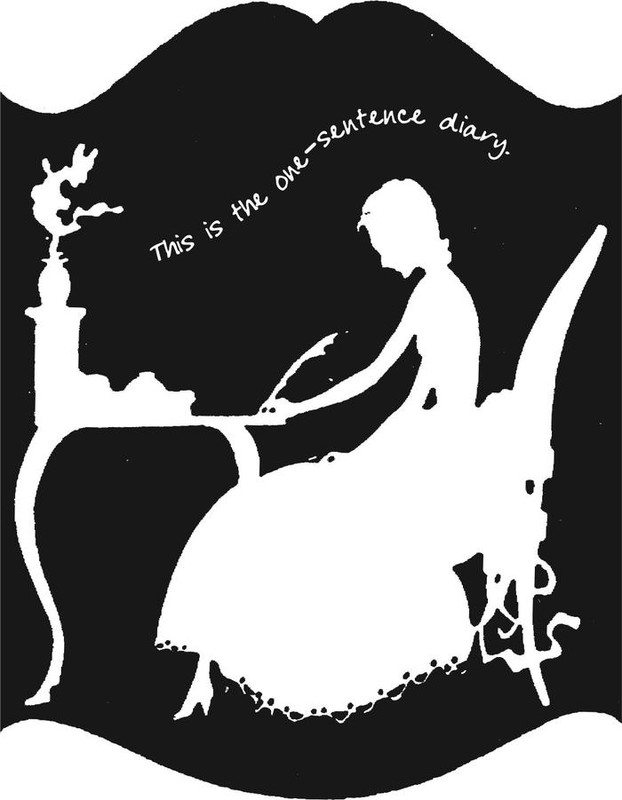
Meter your energy use with a smart meter
A SMART METER is a portable device, about as big as an alarm clock, that runs on batteries and can be placed anywhere around the home. It has a readout showing exactly how much electrical energy is being consumed throughout the house at any one time. The readout can be set to show the number of kilowatts used per minute, hour, day, year and so on, or alternatively how much your electricity usage is costing in money or contributing to carbon dioxide emissions (per minute, hour, day, year, etc.). By turning various devices off and on such as light bulbs, heaters or kettles you can see in real time how much energy you are consuming, and adjust your devices and your expenditure accordingly.
Next page
